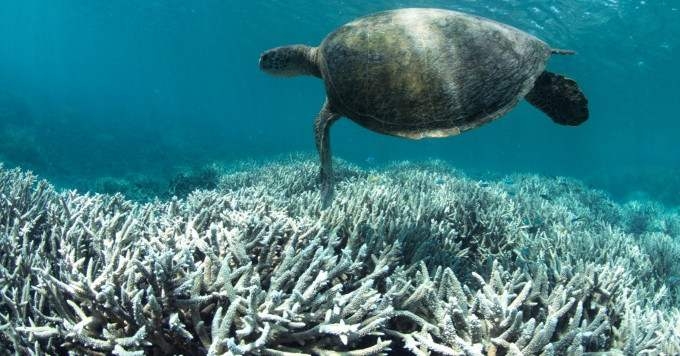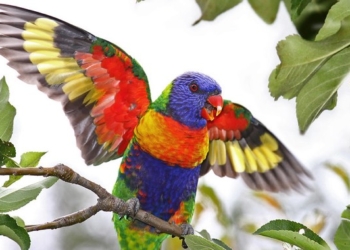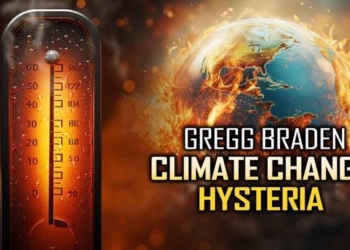
By Brett Wilkins | Common Dreams
A new study published Tuesday found that half of the coral in Australia's Great Barrier Reef have been killed off over the past three decades as ocean temperatures rise due to human-caused global heating.
“The only effective way to improve the outcome for coral reefs is global action on greenhouse gases… There is no time to lose.”
—Terry Hughes, study co-author
The study, conducted by the ARC Center of Excellence for Coral Reef Studies in Townsville, Queensland, shows that coral populations along the reef have fallen dramatically due to bleaching, which is caused by the death of the algae that live symbiotically with coral and provide their food.
“The decline occurred in both shallow and deeper water, and across virtually all species—but especially in branching and tablet-shaped corals,” Terry Hughes, a professor at the ARC Center who co-authored the study, wrote. “These were the worst affected by record-breaking temperatures that triggered mass bleaching in 2016 and 2017.”
New paper out in Proc B today on long-term changes in the size structure of corals on the #GreatBarrierReef @RSocPublishing @ConnollySeanR @ProfTerryHughes @bode_e https://t.co/Cd07JIcqHl pic.twitter.com/2ul4Az5Ry8
— Andreas Dietzel (@_ADietzel) October 14, 2020
Some areas in the northern half of the 1,400-mile-long reef—the largest such ecosystem on the planet—have seen large coral colonies decline by as much as 98%, the study found. Over the past five years, the reef has suffered several major bleaching events, and the first half of 2020 saw record-breaking temperatures accelerate bleaching on its southern parts.
“We expect this decline to continue” due to global heating caused by human activity, Hughes said. “The only effective way to improve the outcome for coral reefs is global action on greenhouse gases. If global temperatures rise to three or four [degrees Celsius], the reef will be unrecognizable, so there is no time to lose.”
Corals on the #GreatBarrierReef have more than halved in just the last 25 years. Bleaching events are becoming more and more common as a result of rising sea temperatures. Urgent #ClimateAction is needed or all #CoralReefs will be lost. #FishForwardEU https://t.co/eJ689i6fzL pic.twitter.com/OOZInxcLKh
— Environmental Justice Foundation (@ejfoundation) October 14, 2020
“This is heartbreaking,” World Wildlife Foundation U.K. tweeted in response to the study, asserting that the massive coral loss represents “yet another wake-up call to #StandUpForNature.”
“We need to put our natural world on a path to recovery before it's too late,” the conservation group added.
Coral aren't the only animals suffering from warming seas along the reef. Healthy coral and algal populations are also critical to the survival of many fish, crustaceans, and other species. Coral reefs are home to around a quarter of the world's marine mammals and plants, and they act as a protective coastal barrier limiting flooding in areas of the planet where around 500 million people live.
The Great Barrier Reef is also crucial to the economy of Queensland—prior to the Covid-19 pandemic, more than two million tourists visited the reef region each year.
Our work is licensed under a Creative Commons Attribution-Share Alike 3.0 License. Feel free to republish and share it widely.
















